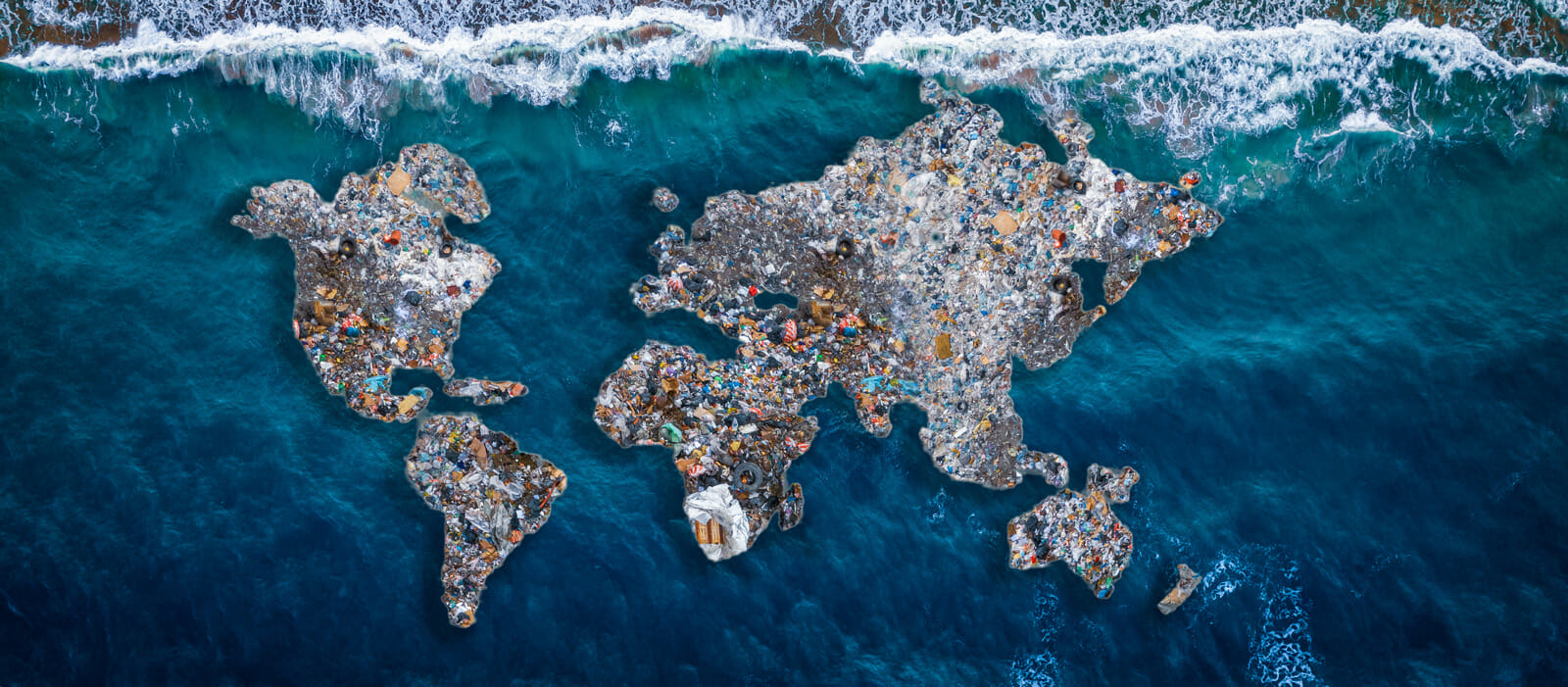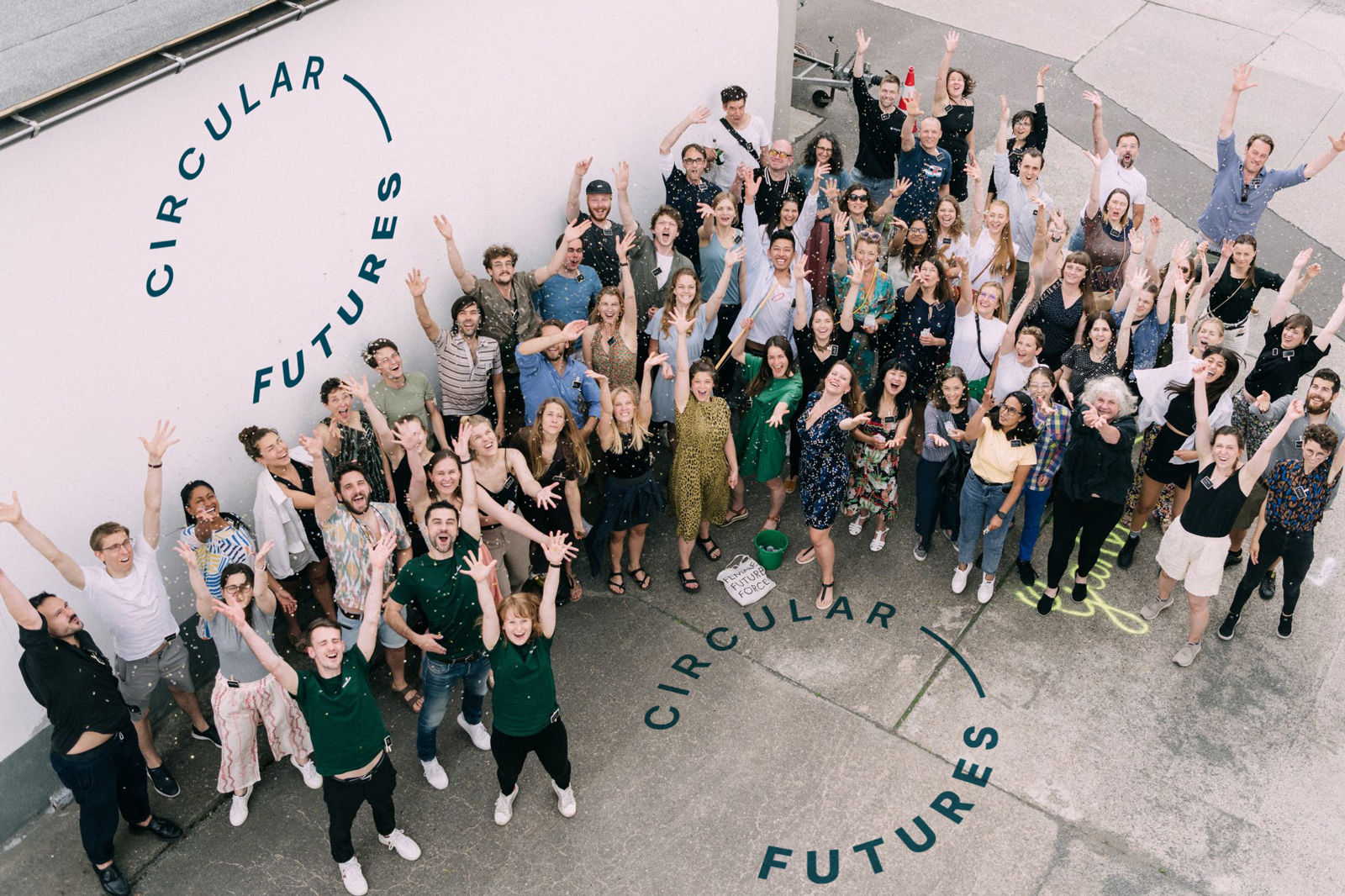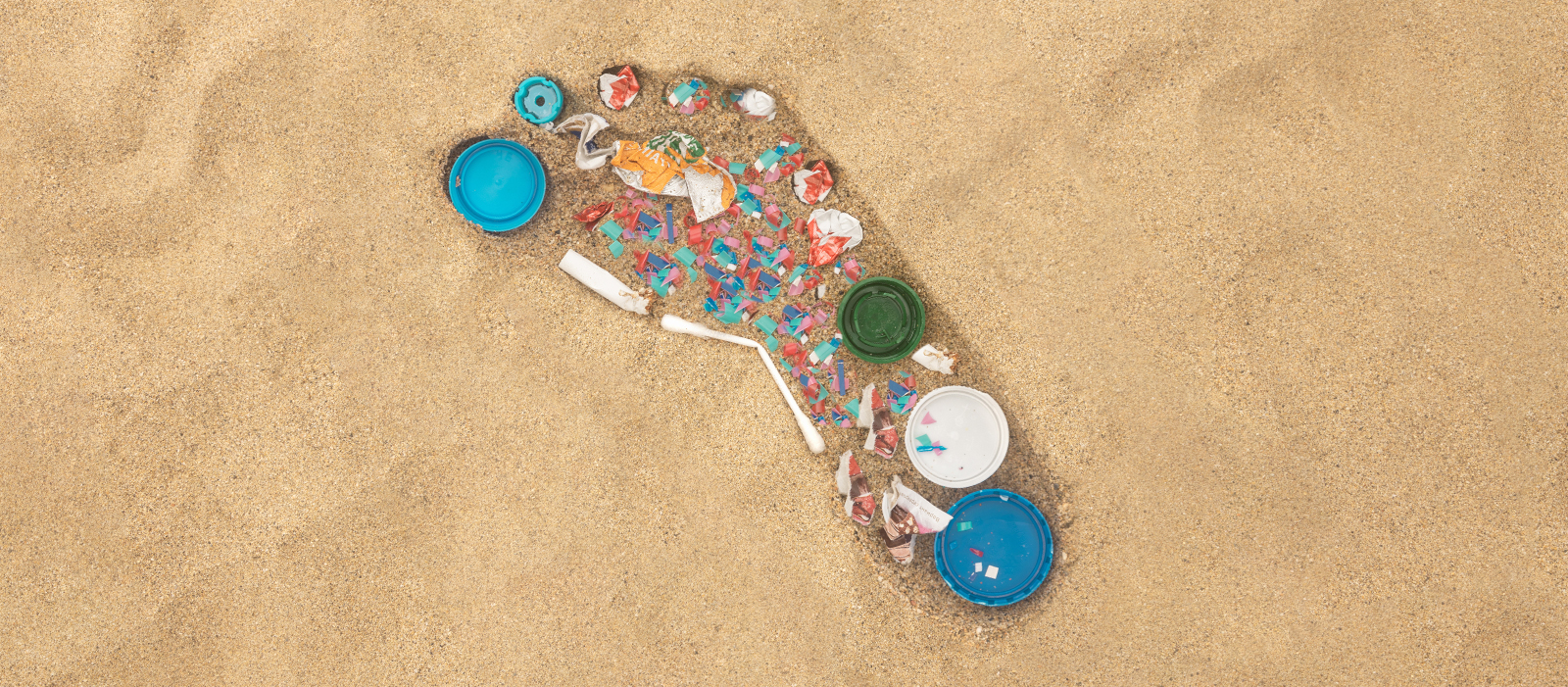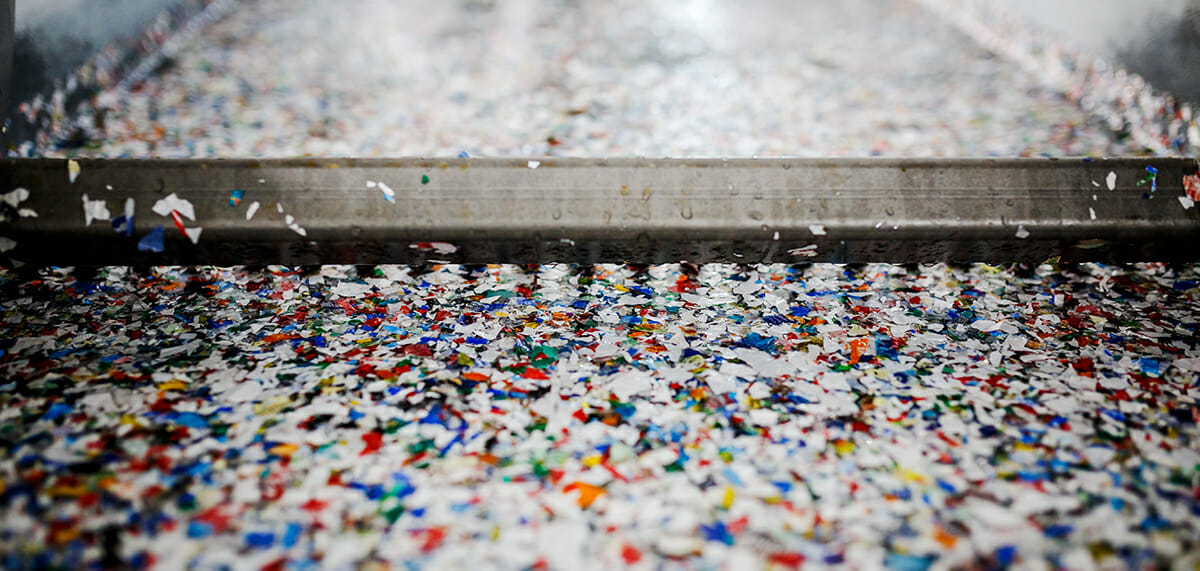POLYPROBLEM-Report The Circularity Code
New POLYPROBLEM report by the Röchling Foundation and Wider Sense The Circularity Code How digitalization helps with the plastic transition… and how it does not The technology is available. However, there is still work to be done on the required willingness to cooperate in order to use it systematically to conserve resources when dealing with plastics. This is the key finding of the new POLYPROBLEM report by the non-profit Röchling Foundation and the consultancy WIDER SENSE. Featuring numerous interviews with experts, the study entitled "The Circularity Code" gets to the heart of the question of how much digital innovations contribute to the fight against plastic waste. It was important to the authors to shed light on all relevant sectors and all parts of the value chain: from digital support in design, the overall ecological assessment of packaging and the digital product passport to new, digital possibilities in waste management and recycling. "The complexity of plastic products means that they go through many stages from production to use and finally to recycling. Each production step generates data that is important for sustainable optimization. If there is no willingness to share this data across the entire value chain, even the best digital [...]






